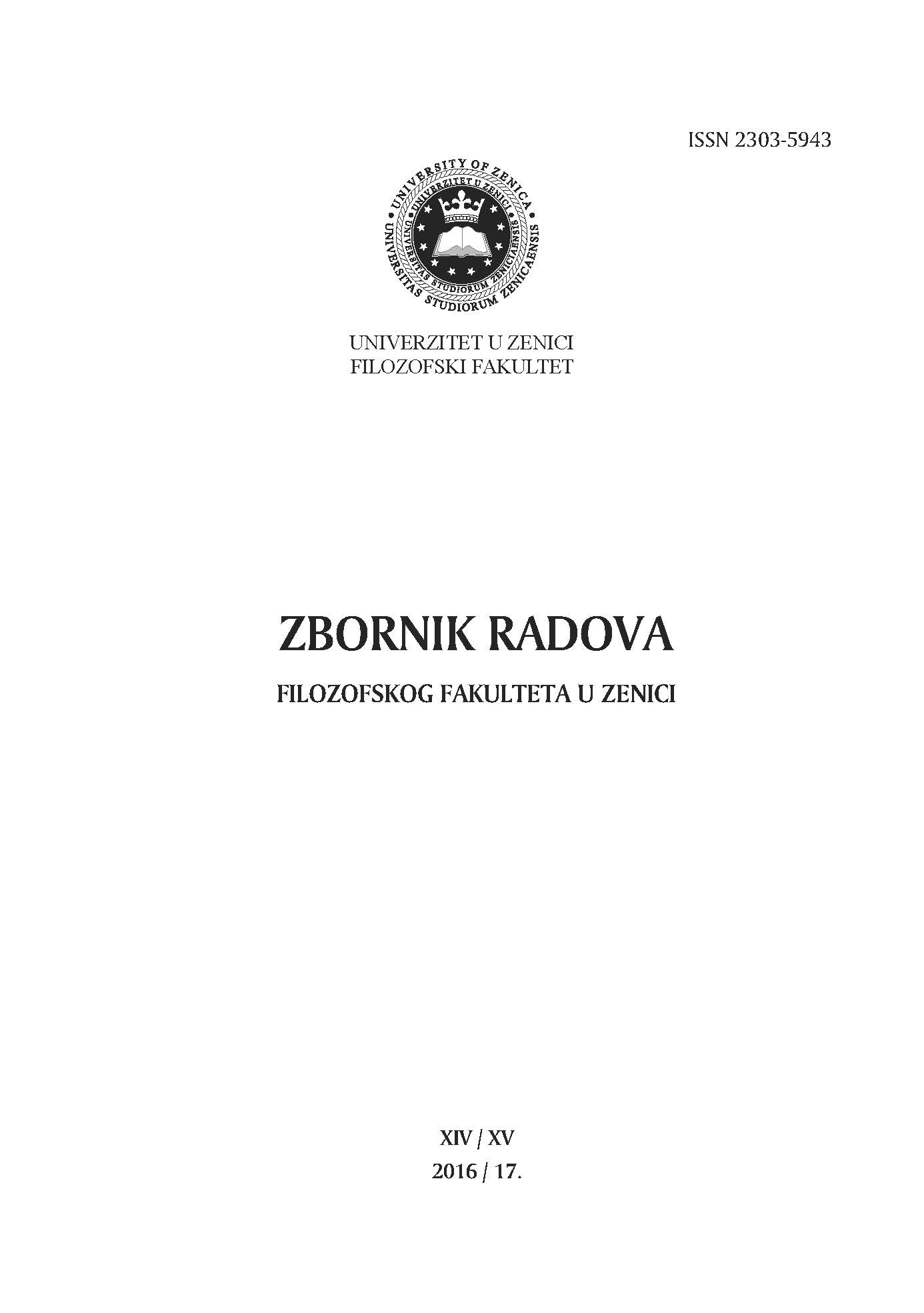PRILOG PROUČAVANJU KULTURNE POVIJESTI ZENICE: KULTURNA BAŠTINA ROMA
CONTRIBUTION TO STUDIES OF CULTURAL HISTORY OF ZENICA: CULTURAL HERITAGE OF ROMA
Author(s): Mirza DžananovićSubject(s): History, Cultural history, Ethnohistory, Local History / Microhistory, Ethnic Minorities Studies
Published by: Filozofski fakultet, Univerzitet u Zenici
Keywords: Roma; Zenica; cultural heritage; carnation neighbourhood; Zenica resolution; Odmut
Summary/Abstract: Studies of the history of marginal groups in Bosnian historiography are gradually encountering an increasing number of researchers, despite the chronic lack of appropriate first and second-class sources. For these reasons, it is necessary to start collecting data and using a wide spectre of resources of different origin and quality. However, the fact is that using the method of oral history is usually the only effective way to access the necessary information. Researchers of Roma past and culture in the first line have encountered such a challenge because in spite of a fact that Roma are the largest national minority in Bosnia and Herzegovina, data on them either in literature or in original material are extremely scarce. The presence of Roma in Zenica can be observed in the course of several centuries without any interruption, but even this has not affected the possible number of available resources that could tell us more about the way of their lives at the micro-historic level. This paper analyzes all existing historical evidence that may mention Roma in the are of Zenica region either directly or indirectly. The goal of the paper is to determine the continuity of coexistence of Roma with other inhabitants of Zenica, as well as to analyze the contribution of the Roma community to the overall development of the city through the past. Although the paper is aimed at following the history of the Roma living in Zenica ever since the first recorded case of their immigration in this area, the emphasis is nevertheless placed on the period of the 20th century. Somewhat better situation in the availability of sources, with the interview method being the leading information, has lead to such a concept of the work. The quantity and quality of the collected information enabled us to identify several significant aspects of the way of life and cultural herritage of the Roma in Zenica, which although fragmented and incomplete, make an important contribution to the understanding of the role of the Roma community in the overall development of the city.
Journal: Zbornik radova Filozofskog fakulteta
- Issue Year: 2017
- Issue No: XIV/XV
- Page Range: 301-317
- Page Count: 17
- Language: Bosnian

